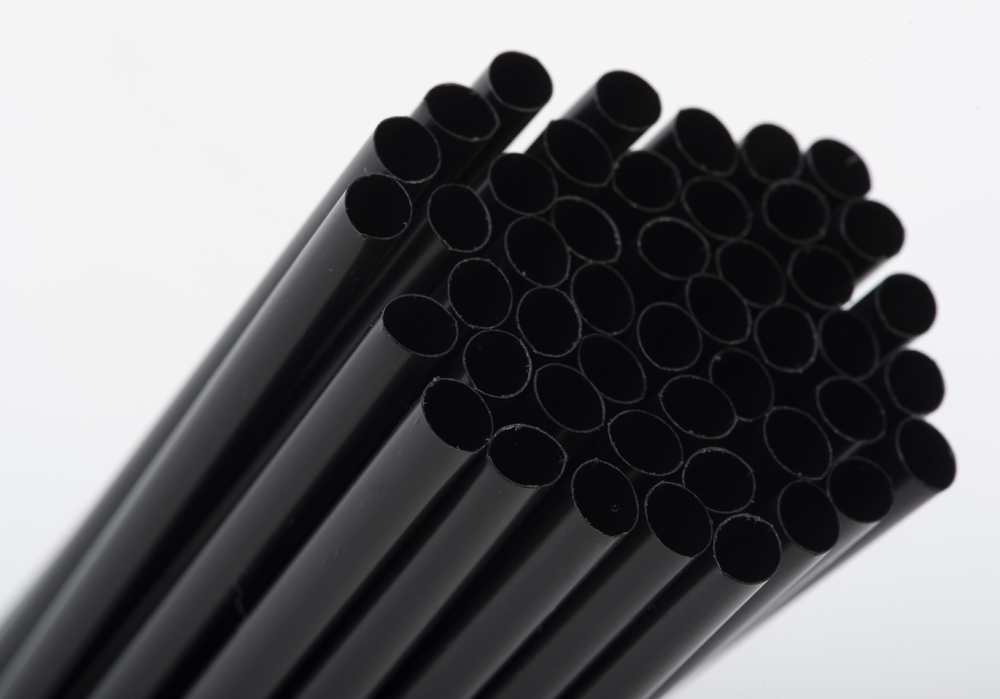Compostable bags can be used as plastic bags but with the benefit of being eco-friendly. So, do your part in protecting the planet and use these bags in your household.
Compostable bags for home composting have superb eco-friendly properties that revolutionized waste disposal. With this popular packaging option, businesses and the general public alike in Australia can decide to be more eco-conscious.
We will walk you through the use of compostable bags, what to look for and how to dispose of this earth-friendly packaging solution.
What Can You Do with Compostable Bags?
The following are ways compostable bags can make your chores easier.
Good for Yard Waste
Compostable garbage bags are a terrific option for your waste regardless of whether they will end up in the compost bin or curbside pickup.
These bags are an eco-friendlier option compared to petroleum-based plastic bags. In contrast to their counterparts, compostables consume less energy and decompose more easily under the right conditions.
Make Compositing Easier
Compostable bags can make everything streamlined if you have been composting at home.
Composting guidelines encourage you to keep your waste in small-lidded containers like empty food tubs before emptying the contents outside. These containers will need to be washed and stored, which can be a hassle and a daunting task for a first-time composter.
On the other hand, compostable bags fit right smack into your kitchen trash bin.
These bags can be filled with your compostable waste. Afterward, tie the bag up and bring them to the compost heap. Place the entire bag down, and you are done. It can speed up the process and ensure that compositing will get done.
Dog Poop
By using compostable bags for dog poop, you are protecting the environment from nitrogen content emitted from dog waste. Harmful substances from dog poop deplete oxygen in water systems.
Dog waste also contains harmful bacteria that can cause sickness in people. Proper disposal of poop bags stops the transmission of disease.
Furthermore, these bags break down quickly under the right conditions. By contrast, conventional plastic stays in the environment for hundreds of years.
No matter if you are an individual, commercial entity, or government department, the use of compostable bags is highly valuable to you and your community.
How ‘Compostable’ Are Compostable Plastic Bags?
Compostable bags are considered next-level biodegradable trash bags. But what exactly does compostable mean?
‘Compostable’ materials are something that can be used as ‘compost’ when they decay. These items break down into their natural elements and add nourishment to the soil. They also have a shorter time breaking down, typically in 12 to 24 weeks.
There are a few things to look for to make sure your compostable bag can actually decompose. You must check the Australian Standard Logo or the AS 5810. This mark indicates home composability. The AS 4736, on the other hand, is also used to indicate suitability in commercial composting facilities.
Biodegradable plastic bags must meet specific criteria to be deemed compostable:
- The product must undergo physical disintegration until it is distinguishable from the finished compost product.
- Biodegradation must occur, and microorganisms will consume the product at a rate similar to other compostable materials.
- The remaining elements of the product’s composting process must not harm or impede plant growth.
Do Compostable Bags Break Down in Home Compost?
Compostable bags are plant-based and do not contain any toxic substances. These bags easily break down in a composting system via microbial activity that forms compost.
Compostable bags for food waste can be utilized to line your kitchen caddy to collect organic waste like food scraps. Afterward, it can be placed in a FOGO (food and garden organics) bin. However, never chuck these compostable bags in your general waste bin because they will not break down well in a landfill environment.
Bonnie Bio – Sustainable Compostable Packaging in Australia
There are plenty of packaging options marketed as eco-friendly. However, these choices may not always be the best.
For example, bags made from 100% post-consumer plastics mean no new plastic was created to manufacture the product. Still, these plastics will sit in a landfill for years, just like any other plastic bag.
The benefit of using compostable bags is that they don’t turn into microscopic pieces of plastic that could end up in oceans.
Switch to an eco-friendly alternative. Make Bonnie Bio compostable bags an integral part of your home waste management system. Our compostable bags return to nature and cause no harm to the planet and wildlife.
For more information about our products, call us on (03) 9460 5655 today.

